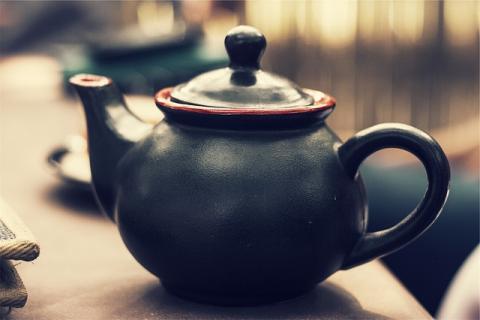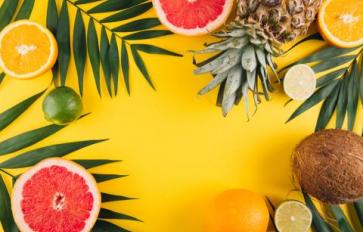
I was recently gifted a jun culture from a local raw and vegan eatery. Being a tremendous fan of kombucha not only for the flavor, but for its gut-health boosting properties, I figured I’d give kombucha’s cousin a little love, too. As fermented tea drinks, both jun and kombucha offer a tasty dose of probiotics in addition to a little energy kick from the tea base and natural effervescence. While jun and kombucha are both fermented teas with similar benefits and (unclear) origins, they are each unique in their own right. Here’s how the two differ…and why I prefer jun over kombucha these days.
Substrate
Jun: Green tea and raw honey; less caffeinated (see 3. Brewing Process)
- Green tea contains healthy antioxidants and is known to boost metabolism and improve brain function, and is believed to lead to increased longevity.
- Using raw honey in jun makes it more expensive to brew than kombucha, but you do receive the health benefits of using natural, unprocessed sugar. (I also think that drinking jun with locally sourced, raw honey in it helps pacify my spring allergies!)
Kombucha: Black tea and cane (white) sugar; more caffeinated
- Black tea contains tannins that support digestive health and (3-4 cups per day) can also help to reduce high cholesterol associated with heart ailments.
Flavor
Jun: Smoother, lighter color and flavor with more effervescence
- Being brewed with the green tea, jun has a fresh, crisp, herbal flavor, in my opinion.
Kombucha: Bolder, darker color and flavor with less fizziness
- Being brewed with black tea, kombucha has slightly more bitterness masked by the sweetness of the cane sugar.
Brewing process
Jun: Between 3-6 days of fermentation in temperatures from 70-80°F
- A gallon of jun tea requires 4 teaspoons of green tea steeped for only 2-3 minutes, and 1 cup of (raw) honey.
Kombucha: Minimum of 6-7 days of fermentation in temperatures from 75-85°F
- A gallon of kombucha requires 4-5 teaspoons of black tea steeped for about 10 minutes, and 1-1.5 cups of sugar.
Alcohol content
** NOTE: The U.S. government’s Alcohol and Tobacco Tax and Trade Bureau requires any beverage with an alcohol content of .5% or more to be regulated as an alcoholic beverage.
Jun: As far as is known, jun tea can contain up to 2% alcohol, which (some might argue) makes it not so appropriate for children and women during pregnancy. For the reason noted above, it can be difficult to find jun in public establishments, and as a result, it is not as well-known and recognized as is kombucha.
Kombucha: Generally alcohol content does not exceed 1%, and most commonly kombucha contains around .5% alcohol (though fermentation can continue after bottling).
Choose for yourself what you prefer, but I’m totally sold on jun. If you’ve already tasted and love kombucha, give jun a try! Although kombucha is more accessible, jun is a delicious alternative to be discovered. Once you’ve obtained a live culture (try Kombucha Kamp) and you understand the process, it’s not too difficult to add alternative flavors to the tea base; I’ve added a jasmine green tea and some sliced ginger to two separate batches, for example. It’s important to note that, like any food or beverage, drinking kombucha and jun in moderation is advised; with all the active bacteria in these fermented beverages, too much of a good thing can be harmful. Cheers!








